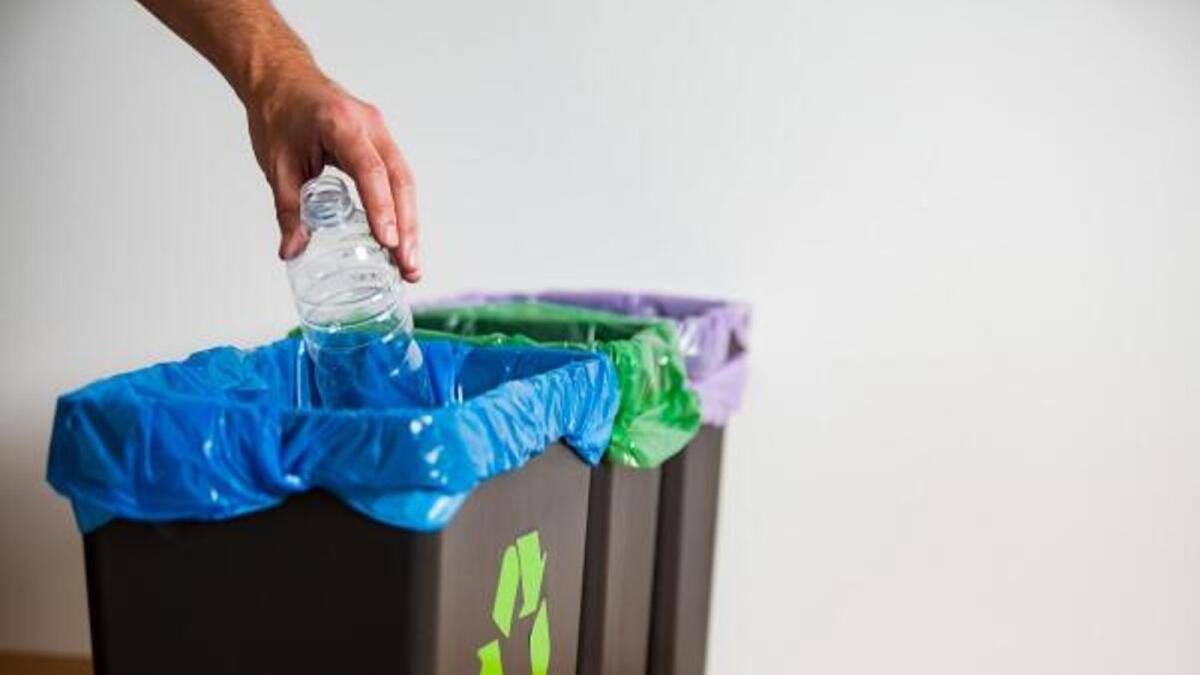The UAE is making progress in waste management, according to a recent survey conducted by Gallup. The study showed that 34% of households in the UAE are actively collecting and separating waste, while 53% collect but do not separate the waste. Only 6% of households separate waste without collecting it, and 8% neither collect nor separate the waste. Plastic and food waste are the primary materials discarded in household waste in the Middle East, with the UAE showing a preference for plastic waste. In terms of waste collection and separation, the UAE ranks second in the Middle East after Israel.
The study, which covered 147,000 interviews in 142 countries and territories, revealed that an average of 22% of household waste in the Middle East is collected and separated, while 42% is collected but not separated. 10% is not collected but separated, and 26% is neither collected nor separated. Overall, 64% of households in the Middle East have their waste collected by government, private companies, or community groups. However, 12% of people in the region still resort to burning or throwing their waste outside.
In high-income countries, 71% of household waste is collected and separated, suggesting a higher level of waste management infrastructure in those regions. Nancy Hey, the director of evidence and insight at Lloyd’s Register Foundation, emphasized the importance of safe and sustainable waste disposal. She highlighted that the type of waste generated and how it is disposed of can have significant impacts on air quality, health, and the environment. Hey also emphasized the need for investment in better waste collection and processing infrastructure in countries with inadequate waste management practices.
The data from the survey can be used by policymakers and communities to implement long-term, systemic changes in waste management practices. Hey expressed hope that the information gathered will lead to improvements in waste disposal practices, particularly in regions where official waste collection and separation are lacking. The survey also highlighted the disparities in waste management practices across the Middle East, with some countries showing higher rates of collected and separated waste compared to others.
In conclusion, the survey results emphasize the importance of effective waste management practices in reducing environmental impact and promoting public health. By investing in infrastructure and promoting sustainable waste disposal methods, countries can work towards a cleaner and healthier future for their citizens. The data collected provides valuable insights for policymakers and communities to address the challenges and opportunities in waste management across the region. Through collaborative efforts, the Middle East can achieve significant progress in waste reduction and environmental sustainability.











